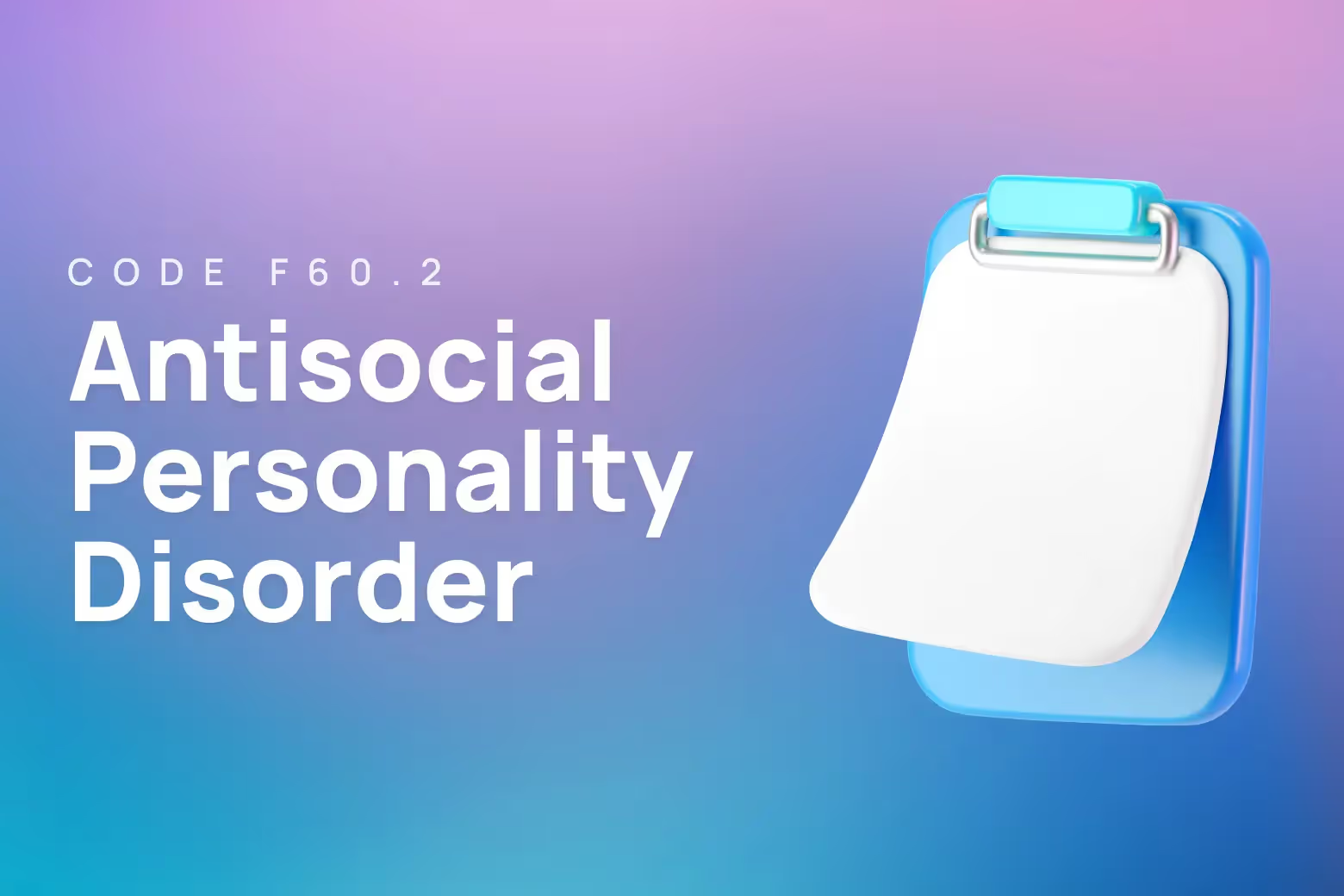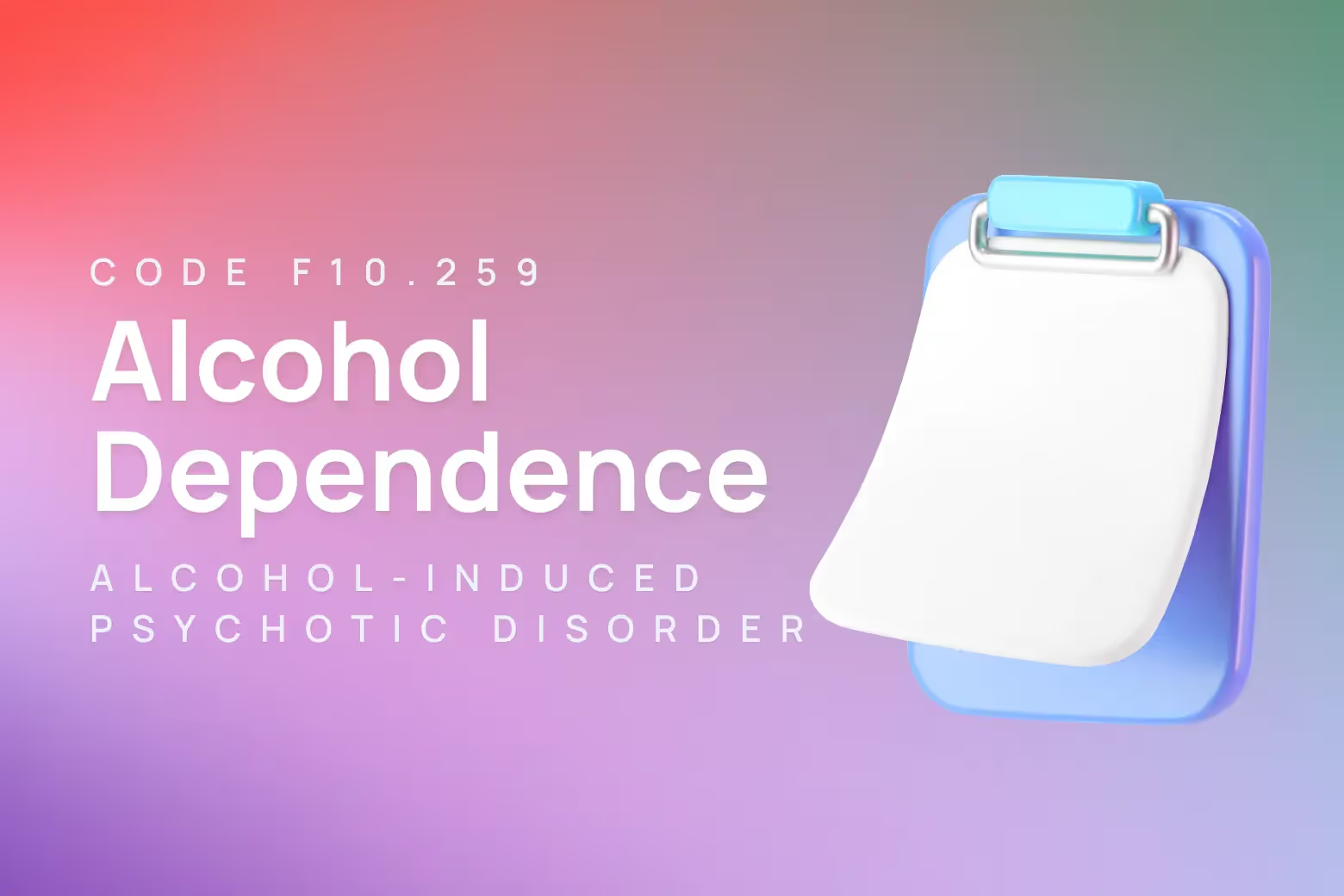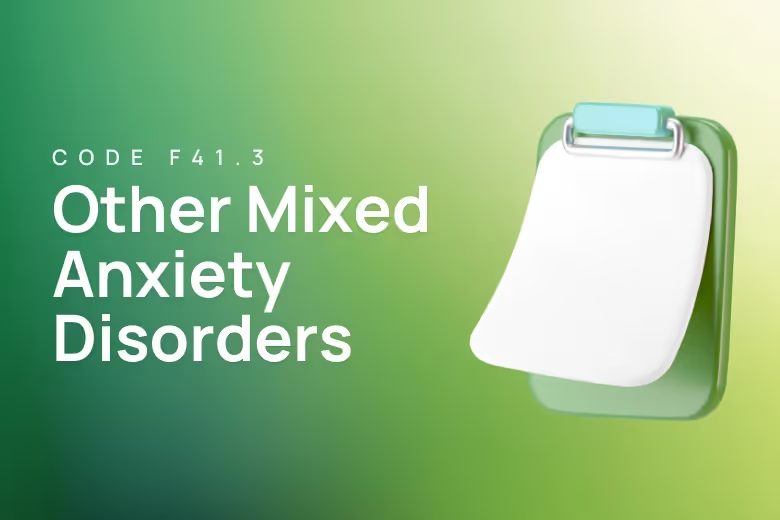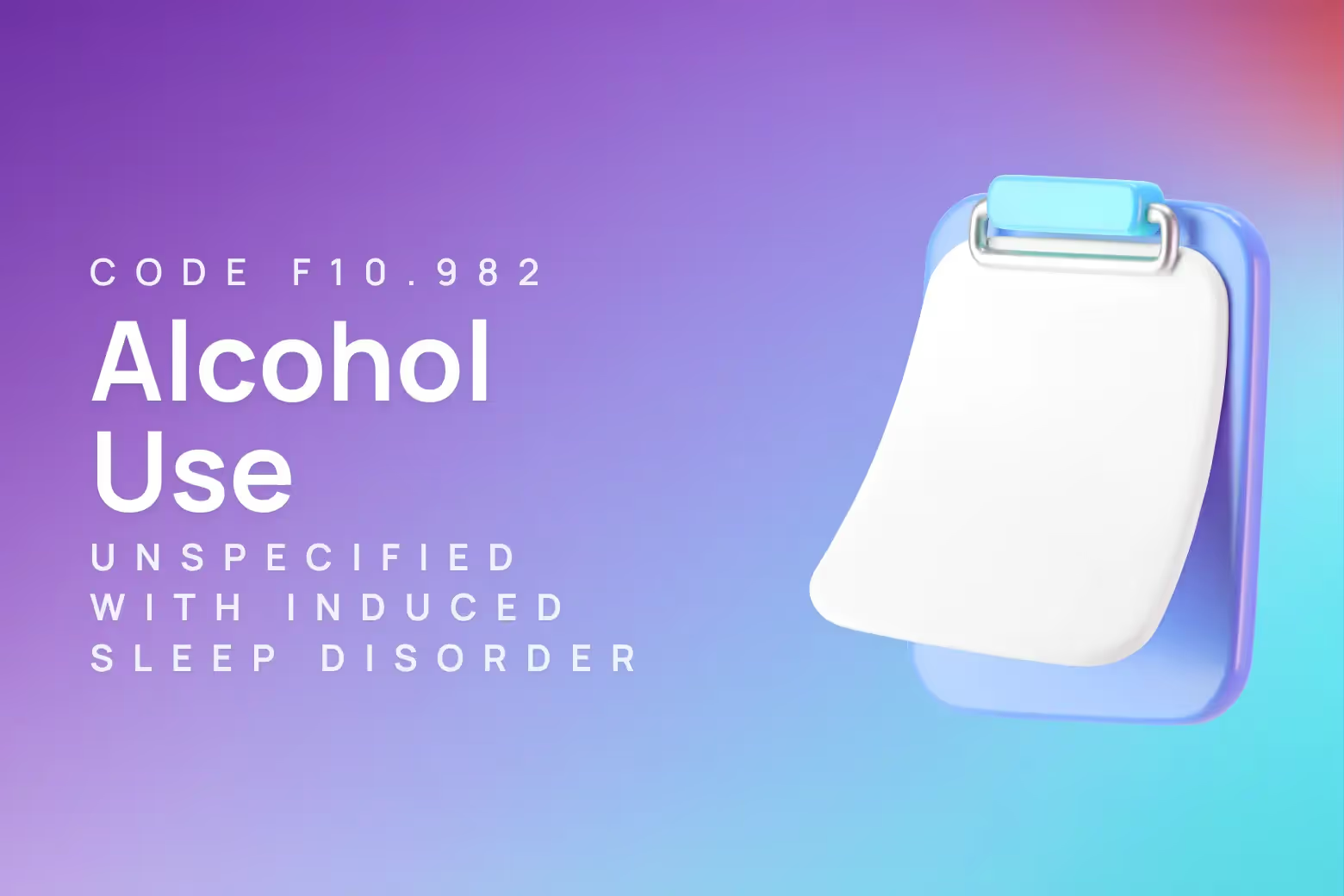ICD-10 code for antisocial personality disorder

Living with antisocial personality disorder (ASPD) can feel like being trapped in a cycle of impulsive decisions and strained relationships that seem impossible to break. Those affected often struggle to connect with others in meaningful ways and may feel misunderstood by family, friends, and even healthcare providers. Yet through proper diagnosis and dedicated therapeutic work, many individuals with ASPD can develop healthier patterns of behavior and build more fulfilling lives.
The ICD-10 code for antisocial personality disorder is F60.2. This code appears within the broader category of personality disorders (F60) alongside other conditions like borderline personality disorder and narcissistic personality disorder.
ASPD affects approximately 1-4% of the general population, with higher prevalence rates among males. The disorder is characterized by specific diagnostic criteria outlined in the DSM-5-TR, which align with ICD-10 classification standards.
When to use F60.2 for antisocial personality disorder
Clinicians should use the F60.2 code when documenting ASPD diagnosis after a thorough clinical assessment reveals a pervasive pattern of disregard for others' rights beginning by age 15. It's crucial to differentiate ASPD from other conditions that may present with similar behaviors, such as substance use disorders or bipolar disorder, to ensure accurate diagnosis and appropriate treatment planning.
ASPD vs. borderline personality disorder
While both are classified as Cluster B personality disorders characterized by disinhibition, hostility, and impulsivity, ASPD and BPD manifest in distinctly different ways. People with ASPD typically display emotional detachment and manipulate others for power, money, or pleasure. In contrast, those with BPD experience intense, volatile emotions and often engage in behaviors driven by a deep fear of abandonment.
The conditions also differ in their emotional presentation — ASPD is characterized by few emotions and affects more men than women, while BPD consists of extreme emotional states and affects men and women equally. When manipulation occurs in BPD, it tends to arise from a desire for emotional nurturance rather than the calculated pursuit of personal gain seen in ASPD.
Treatment approaches and outcomes also vary significantly between the two conditions. While BPD often responds well to specific forms of psychotherapy, ASPD has proven more challenging to treat through traditional therapeutic approaches.
ASPD vs. narcissistic personality disorder
While ASPD and narcissistic personality disorder (NPD) share several underlying traits, important distinctions help inform accurate diagnosis and treatment. Both conditions involve a lack of empathy, shallow emotional depth, and a tendency to exploit others. However, the way these traits manifest differs significantly between the disorders.
People with NPD are primarily driven by an intense need for admiration and feelings of grandiosity, viewing themselves as having particularly high status or being "very special." They often experience strong feelings of envy toward others. In contrast, those with ASPD are characterized more by unlawful behavior and outward aggression, with less emphasis on seeking others' admiration.
A key diagnostic distinction noted in the DSM-5 is that NPD typically does not involve the pattern of adult criminality or childhood conduct disorder that often characterizes ASPD. Additionally, while both conditions can involve manipulation of others, people with NPD are less likely to engage in the aggressive, impulsive, and deceitful behaviors that are hallmark features of ASPD.
Other ICD-10 codes for personality disorders
- F60.0 Paranoid Personality Disorder
- F60.1 Schizoid Personality Disorder
- F60.3 Borderline Personality Disorder
- F60.4 Histrionic Personality Disorder
- F60.8 Other Specific Personality Disorders
Interventions and CPT codes for antisocial personality disorder
Mental health professionals employ various evidence-based approaches when treating individuals with ASPD. The goal is to address both the behavioral manifestations and underlying psychological mechanisms of the disorder.
90837: Individual psychotherapy (60 minutes)
Treatment of ASPD presents unique challenges. While there are no specific medications approved for ASPD itself, psychiatric medications can sometimes help manage co-occurring symptoms. The reality is that ASPD is notably difficult to treat with psychotherapy, and individuals rarely seek treatment independently. When they do engage with mental health services, it's often due to legal requirements or to address other concurrent psychiatric conditions.
Some evidence suggests that long-term therapy using cognitive-behavioral approaches may help individuals gain insight and improve their behavior. However, it's important for clinicians to maintain realistic expectations about treatment outcomes. The primary focus is often on helping individuals stabilize their psychosocial functioning and reduce interpersonal conflicts rather than achieving complete remission.
The CPT code 90837 covers 60-minute individual psychotherapy sessions
90853: Group psychotherapy
Group therapy provides a structured environment for developing interpersonal skills and understanding the impact of one's behavior on others. The CPT code 90853 applies to group therapeutic procedures.
Group settings can provide structured environments for therapeutic intervention, though effectiveness data specifically for ASPD is limited. When individuals do participate in treatment, they typically require a comprehensive approach that may include case management to help maintain:
- Income stability
- Housing security
- Connection to medical and mental health services
- Assistance with other basic needs
Supporting clients with antisocial personality disorder
The journey of treating ASPD requires patience and a clear understanding of the condition's complexities. While the disorder has traditionally been seen as challenging to treat, research provides some hope. Prevalence rates of both ASPD and its most severe behaviors tend to steadily decline with age in both criminal cohorts and epidemiological samples. This reduction appears to result from both increased mortality associated with antisocial behavior and natural changes in personality traits over the patient’s life span.
Better outcomes tend to be associated with several key factors:
- Older age at presentation
- Stronger community connections
- Stable employment
- Committed relationships
Accurate documentation and consistent tracking of interventions are essential components of effective ASPD treatment. However, the administrative burden of detailed clinical documentation can often detract from valuable face-to-face therapeutic time.
Upheal is an AI-powered clinical documentation solution that helps mental health professionals maintain accurate records while focusing more on client care. By streamlining the documentation process, clinicians can dedicate more time to building therapeutic relationships and implementing effective interventions.












